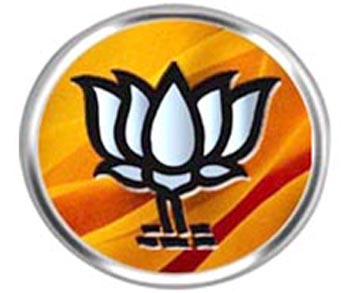Force India finally comes to force
By: Subhadeep Bhattacharjee
Sunday was just another day for Formula One fans across the world. The twelfth race of the season at Circuit de Spa-Francorchamps near the town of Spa, Belgium was expected to be the same. Jenson Button desperate for a podium finish after having started the season with flying colours. Kimi Räikkönen and Lewis Hamilton, had scored podiums in the two races leading up to Belgium and were expected to do well in Belgium too considered to be one of the toughest circuits in F1.
for a podium finish after having started the season with flying colours. Kimi Räikkönen and Lewis Hamilton, had scored podiums in the two races leading up to Belgium and were expected to do well in Belgium too considered to be one of the toughest circuits in F1.
The first surprise came on Saturday when Giancarlo Fisichella posted the fastest time on the wet surface to grab the pole position. This was the first pole position for Force India and the fourth in the career for Fisichella and first in almost two years. Liquor baron Vijay Malya has many a times been mocked at for buying Spyker F1 team and rechristening it as team Force India.
Once Giancarlo Fisichella got the pole position he was in no mood to give it up. In the end though the Italian driver could not make a perfect finish with Kimi Räikkönen besting him by less than a second it was nothing short of a miracle for Force India which had been written off for most parts of the season. Malya's gamble has finally paid off as his team won a race convincingly without any controversy attached to the victory
It is highly ironical the Ministry of Sports in India does not recognise F1 or any other motor sports as 'SPORTS' in the first place. Sports Minister MS Gill thinks F1 to be more of entertainment than sports well for some politics is nothing more than circus. This illogical statement is not very unlikely from a man who heads several sports bodies in India without having a background in any known sport that the country participates in other than politics.
If Equestrian can be considered a sport in India what is wrong with motor sports. MS Gill and his subordinates in the ministry may not be aware but F1 is one of the most popular sports around the globe after football and tennis. It's high time we recognise the efforts of Narain Karthikeyan who pioneered this sport in India. After all the sports ministry may not be aware but it takes lot of guts to take to a sport which nobody in a huge country like India had done before.
Read more...
Sunday was just another day for Formula One fans across the world. The twelfth race of the season at Circuit de Spa-Francorchamps near the town of Spa, Belgium was expected to be the same. Jenson Button desperate
 for a podium finish after having started the season with flying colours. Kimi Räikkönen and Lewis Hamilton, had scored podiums in the two races leading up to Belgium and were expected to do well in Belgium too considered to be one of the toughest circuits in F1.
for a podium finish after having started the season with flying colours. Kimi Räikkönen and Lewis Hamilton, had scored podiums in the two races leading up to Belgium and were expected to do well in Belgium too considered to be one of the toughest circuits in F1.The first surprise came on Saturday when Giancarlo Fisichella posted the fastest time on the wet surface to grab the pole position. This was the first pole position for Force India and the fourth in the career for Fisichella and first in almost two years. Liquor baron Vijay Malya has many a times been mocked at for buying Spyker F1 team and rechristening it as team Force India.
Once Giancarlo Fisichella got the pole position he was in no mood to give it up. In the end though the Italian driver could not make a perfect finish with Kimi Räikkönen besting him by less than a second it was nothing short of a miracle for Force India which had been written off for most parts of the season. Malya's gamble has finally paid off as his team won a race convincingly without any controversy attached to the victory
It is highly ironical the Ministry of Sports in India does not recognise F1 or any other motor sports as 'SPORTS' in the first place. Sports Minister MS Gill thinks F1 to be more of entertainment than sports well for some politics is nothing more than circus. This illogical statement is not very unlikely from a man who heads several sports bodies in India without having a background in any known sport that the country participates in other than politics.
If Equestrian can be considered a sport in India what is wrong with motor sports. MS Gill and his subordinates in the ministry may not be aware but F1 is one of the most popular sports around the globe after football and tennis. It's high time we recognise the efforts of Narain Karthikeyan who pioneered this sport in India. After all the sports ministry may not be aware but it takes lot of guts to take to a sport which nobody in a huge country like India had done before.






.jpg)


















